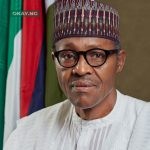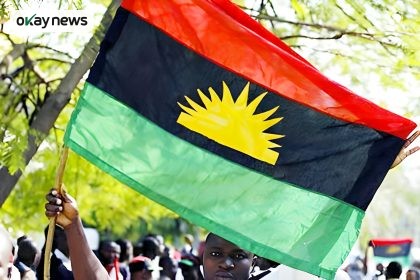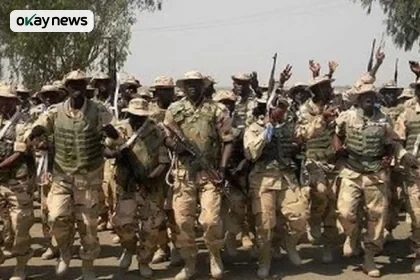Muhammadu Buhari, born December 17, 1942, in Daura, Katsina State, was a towering figure in Nigeria’s modern history. Rising from humble beginnings, Buhari’s life was marked by military discipline, political resilience, and a controversial but impactful leadership style.
Buhari’s military career began in the 1960s, with training in Nigeria and abroad. He quickly rose through the ranks, becoming military governor of the North Eastern State and later federal commissioner for petroleum resources. In 1983, he seized power as Nigeria’s military head of state, launching the “War Against Indiscipline,” a campaign aimed at restoring order and fighting corruption. Though praised for his integrity, his regime was criticized for harsh measures and human rights abuses.
After years away from power, Buhari returned as a civilian politician, winning the presidency in 2015 and re-elected in 2019. His administration focused on anti-corruption, economic reforms, and security, particularly against Boko Haram insurgents. Despite significant achievements, his tenure faced criticism over economic challenges, nepotism allegations, and ongoing security issues.
Buhari’s health was a concern in his later years, with frequent medical trips abroad. On July 13, 2025, at age 82, Buhari passed away in a London clinic after a prolonged illness. His family announced his death with prayers for his acceptance into Aljannatul Firdaus. Buhari’s passing marks the end of an era for Nigeria, leaving behind a complex legacy of discipline, reform, and controversy.







